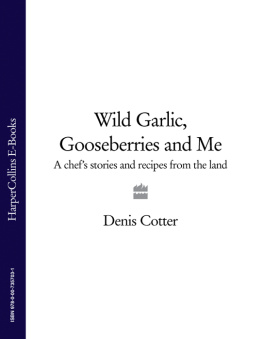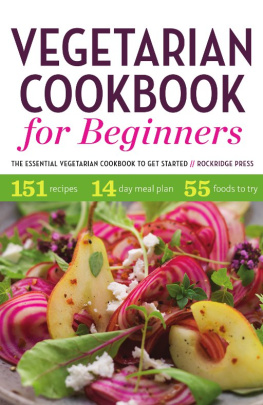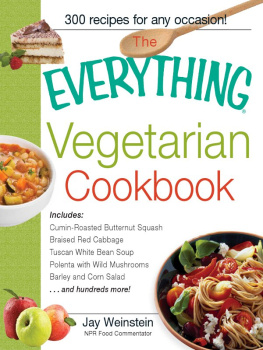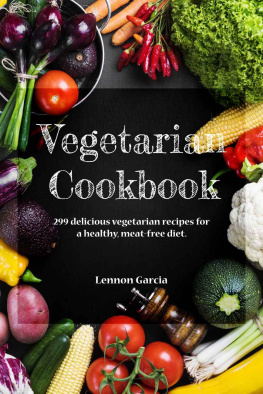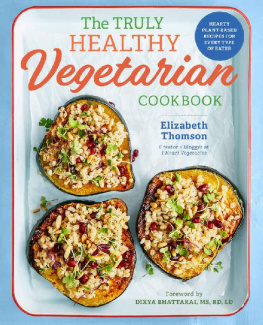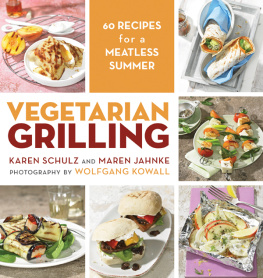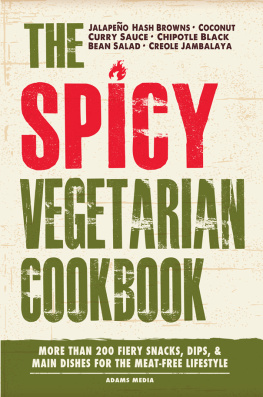Copyright Denis Cotter 2003
First Skyhorse Publishing Edition 2014
All rights to any and all materials in copyright owned by the publisher are strictly reserved by the publisher.
All Rights Reserved. No part of this book may be reproduced in any manner without the express written consent of the publisher, except in the case of brief excerpts in critical reviews or articles. All inquiries should be addressed to Skyhorse Publishing, 307 West 36th Street, 11th Floor, New York, NY 10018.
Skyhorse Publishing books may be purchased in bulk at special discounts for sales promotion, corporate gifts, fund-raising, or educational purposes. Special editions can also be created to specifications. For details, contact the Special Sales Department, Skyhorse Publishing, 307 West 36th Street, 11th Floor, New York, NY 10018 or info@skyhorsepublishing.com.
Skyhorse and Skyhorse Publishing are registered trademarks of Skyhorse Publishing, Inc., a Delaware corporation.
Visit our website at www.skyhorsepublishing.com
10 9 8 7 6 5 4 3 2 1
Library of Congress Cataloging-in-Publication Data is available on file.
Cover design by Owen Corrigan
Cover photo credit Jrg Kster
Print ISBN: 978-1-62914-389-7
Ebook ISBN: 978-1-62914-895-3
Printed in the United States of America

Introduction
At some time during the writing of this book, I took a computer and a pile of notes to a hotel that I love for its peaceful atmosphere and beautiful setting. I was looking forward to mixing writing with a little calm idleness. The first morning I had a breakfast that shocked me so much I had to repeat the order next day to see if it was true, a culinary pinch in the arm. The dish was poached eggs and grilled tomatoes, simple, classic and well-cooked in the technical sense. The egg was the palest I had ever seen and had so little flavor that it was a weird and disturbing thing to have in my mouth; and the tomato, which was in the process of changing from green to orange, had been grown in such a way that it would never have tasted of much if it had been left to ripen for another month. In a blind tasting I would have been hard pressed to guess their species. Both items were probably purchased with price as the main, or indeed only, criterion. I have no doubt that the eggs were the cheapest available, probably produced in appalling conditions that could only be improved by adding a penny or two to the pricesomething neither the producer nor his clients would be willing to do. This thinking is endemic in the catering industry and, unfortunately, in the wider food business too, where these hopelessly diluted versions of foods become accepted as the standard. Foods that were once loved for their extraordinary individuality, preciousness and vibrant flavors have been turned into dull, everyday fodder.
The most fundamental truths are often almost impossibly simple. Despite a persistent tendency for cooking to be seen as an obscure and complicated art form, available only to a few eccentric and angry geniuses, the basic food truths keep surfacing time and again. To eat well, you need good food; good food, as distinct from pretty food, requires good ingredients; good ingredients are grown and produced with respect and care and in a balance with their time and place; to cook good food with these ingredients you need to work with the same respect and care, to find the same balance. This is the underlying principle of eating seasonally, the source of a holistic and immeasurable pleasure of food in perfect balance. There is nothing complex in this principle; it is simple, and ancient.
Cooking vegetables at their best and with foods that are natural partners gives us the pleasure of feasting on the abundant. Does anything make more perfect sense than eating foods whose seasonal curves cross each other or rise and fall together? It is no accident that our senses take watercress and the soft sheeps-milk cheese of spring to be a perfect match; or tomatoes and basil, peas and mint, pumpkins and chestnuts, peaches and lavender.
In Caf Paradiso, I try to make the best seasonal produce the focus of our cooking. Most dishes are based on one or two vegetables that I want to highlight, though they use other vegetables and ingredients in supporting roles. Everything, from the careful buying to the careful preparation, focused on a vegetables best characteristics, is done to draw attention to the vegetable, to simply make it a pleasure to eat, so that it will be noticed in a way that may or may not have been expected.
I get more of a kick from people saying that they just ate the best beets, pumpkin, spring cabbage, asparagus or whatever, than to be told that the cooking is smart. Good cooking helps us to enjoy good food, it is not an end in itself. Clever cooking applied to poor ingredients often makes for depressing eating, a point that is often lost on expensive restaurants.
Sometimes people discover and like flavors they were afraid of or thought they didnt care much for. For others, it is more about rediscovering tastes, and enjoying the double pleasure of the present and remembered meals. As a cook, I find this rediscovering hugely rewarding. It is not so much about forgotten tastes as ones that people have stopped noticing. Awareness, paying attention, noticing, is the first and most important step to enjoying food. There is an enormous gulf between the pleasure of consciously eating a ripe organic tomato that you have carefully chosen from a market stall in late summer, and mindlessly slicing one, grabbed from a store shelf, into a sandwich on a cold winters afternoon. One is the most delicious thing you can eat at the time, the other is little more than a habit. A stew of sun-ripened peppers, garlic and basil in rich olive oil can make you wonder why you never loved peppers so much beforebut only if the peppers are indeed very good.
Peaches, tomatoes, avocados, asparagus, broad beans, sugar snap peas, parsnips, leeks, eggplants, sweet peppers, apples and pears... these are extraordinary foods that can give us unique pleasure. Ironically, the more poor imitations we eat, the less pleasure we take. For many of us, the pleasure associated with these wonderful foods has been gradually replaced in our minds by a dull, nagging ordinariness bordering on disappointment, and ultimately we forget they were ever wonderful. When the foods have finally been reduced to ordinariness, we can pass them in the supermarket aisles without even noticing them.
How did we get to a stage where we can pass a peach without giving it a glance, and not think that biting into its lusciously juicy flesh would brighten our day, maybe our week? The exotic beauty of a peach has been replaced with an ever-present imitation that leaves us lukewarm, and, in the gradual process of that replacement, our affection for the peach has been distorted. In the furious drive to provide secure supplies of cheap and plentiful food that dominated food production in the second half of the twentieth century, a compromise was made to sacrifice taste and quality for volume and cheapness. Where the guiding principles are cheapness and yearround availability, the first sacrifice is taste. This is not a small matter. With taste goes the pleasure we look for in food and, when the pleasure is gone or reduced to dullness, our relationship with food is altered. The result is an excess of food that cant quite seem to satisfy the complex longing we call our hunger.

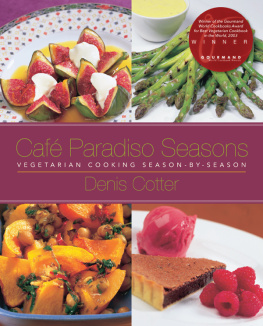

![Cotter - Kettlebell training: [95 exercises for strength, toning, stamina, and weight loss]](/uploads/posts/book/196732/thumbs/cotter-kettlebell-training-95-exercises-for.jpg)

